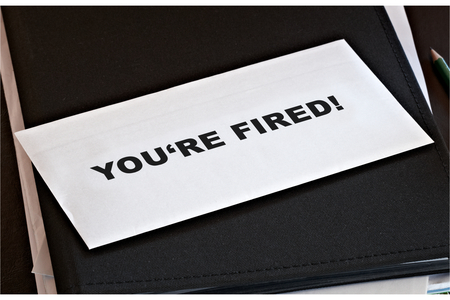Lawsuit challenges DC federal court bar's reciprocity rules
A national organization devoted to streamlining the process for multijurisdictional admission for attorneys has filed suit against the U.S. District Court for the District of Columbia, challenging its reciprocity requirements for lawyers seeking membership in the D.C. bar.
In a complaint (PDF) filed in Washington, D.C., federal district court last week, the National Association for the Advancement of Multijurisdiction Practice argued that the D.C. standards were discriminatory and brought suit on behalf of itself and three individual attorneys who were admitted to practice in jurisdictions that did not have reciprocity with the Washington, D.C. bar. According to D.C. rules, attorneys not admitted in D.C. can practice there, provided their home state’s federal district court allows D.C.-admitted attorneys to practice without undergoing the lengthy bar admission process. NAAMP argued that the practical effect of this rule was that attorneys admitted to practice in 25 of the nation’s 94 district courts would be given reciprocity while attorneys in the other 69 courts would be shut out. The suit was filed against the D.C. federal district court and named Chief Judge Richard Roberts and other judges of the court, who were sued in their official capacities.
The complaint cites several authorities for its claims, including the Fifth Amendment’s due process clause, the First Amendment’s right to free speech and association, and reports from the American Bar Association and National Conference of Bar Examiners. The NAAMP argued that the days when lawyers only learned local or parochial law were long gone and that forcing admitted attorneys to pass another bar examination was inefficient and illogical. “The ABA and UBEC have concluded that one bar exam is more than enough,” the NAAMP wrote in its complaint. The NAAMP also cited historical evidence that the reasons for requiring attorneys to take multiple bar examinations were discriminatory in nature. “The ABA concluded the failure to have admission on motion injures the public and the profession; women lawyers are further disproportionately injured,” the NAAMP argued in its complaint.
In an email, the NAAMP’s co-counsel echoed that sentiment. “The sole reason for D.C.’s antiquated exclusionary local rule is invidious prejudice,” said Joseph Robert Giannini of Los Angeles. “Federal law and procedure is supposed to be nationally uniform. There is no reason to discriminate in the U.S. courthouse against some lawyers but not others; we all pay for this courthouse with our federal tax dollars for the right to represent our clients.”
Sheldon Snook, a spokesman for the Washington, D.C. federal district court, declined to comment.



